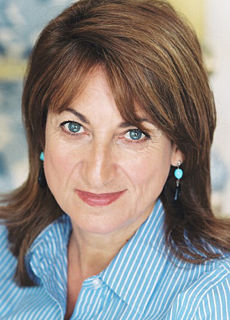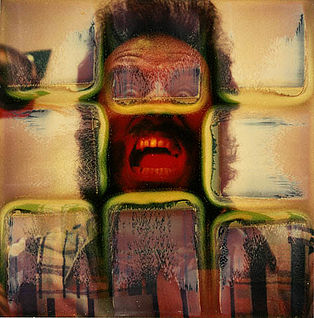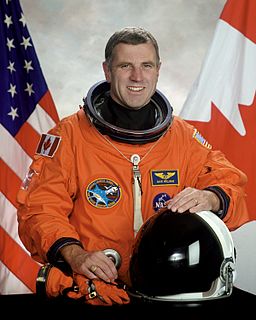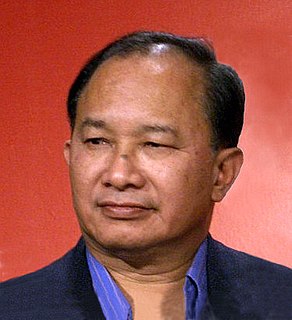A Quote by David Grinspoon
There is a history of thinking about space science from an environmental ethics perspective. And part of what I want to do is turn that back and use that experience to see if it reflects how we think about the Earth.
Quote Topics
Related Quotes
I was thinking about framing, and how so much of what we think about our lives and our personal histories revolves around how we frame it. The lens we see it through, or the way we tell our own stories. We mythologize ourselves. So I was thinking about Persephone's story, and how different it would be if you told it only from the perspective of Hades. Same story, but it would probably be unrecognizable. Demeter's would be about loss and devastation. Hades's would be about love.
I decided at 40 I was wasting entire chunks of my brain and didn't want to blow my one chance on Earth. I'm glad I made that decision. Writing is largely about time, while visual art is largely about space. Sometimes, as with film, you can hybridize, but I think it's basically the space part of my brain wanting equal footing with the time part.
History is not just about dates and quotations. And it's not just about politics, the military and social issues, though much of it of course is about that. It's about everything. It's about life history. It's human. And we have to see it that way. We have to teach it that way. We have to read it that way. It's about art, music, literature, money, science, love - the human experience.
So I think if we want to turn the table around, more than thinking about how can we starve the Islamic State in terms of money, we should think about how can we maximise the amount of resources that we have in order to secure ourselves. For us, instead of bombing so much, which is extremely expensive, perhaps, you know, we should use some of that money in order to protect ourselves.
"Nothing is ever lost" means that what we are now goes all the way back through natural history. We are biological organisms and not simply computerized brains. By focusing totally on the present, thinking only about science and computers, and forgetting four billion years of life on this planet, we are losing perspective on who and what we are.
I'm looking back at what I did and how it works. In a sense I'm waiting to see how people will respond. I'm waiting to see how you respond, without asking me to tell you what I think about it, because it is your job to give me an idea of how you go about thinking about this work. And if it's too absurd then, you know, I'll kick you out!
On my second space walk, I was riding the Canadarm, heading down toward the payload bay of the space shuttle, and I could see the space shuttle highlighted against the Earth in the background, and there was this black, infinite, hostile void of space. I remember looking down at the Earth and thinking, "Beneath me is a 4½-billion-year-old planet, upon which the entire history of the human species has taken place." That was an incredibly humbling moment, and I had a bit of an epiphany.
One of the things that's really exciting from my perspective is that Canada is one of the major spacefaring nations. The list of our achievements is profound and significant, and it's not just in robotics, it's also in the life-sciences research experiments that take place on board and other space-science experiments. I'd love to see Canada go from being a major spacefaring nation in low-Earth-orbit missions to those beyond, making sure we're part of those missions to Mars - not just from a technology perspective, but sending humans into beyond-Earth orbit.
When I got to MIT, I discovered a really interesting Master's program called the Science and Technology and Policy Program - it taught people with a background in STEM how to think about science and tech from a policy perspective. It was a great way to understand how to communicate science to a policymaker or a layperson.



































